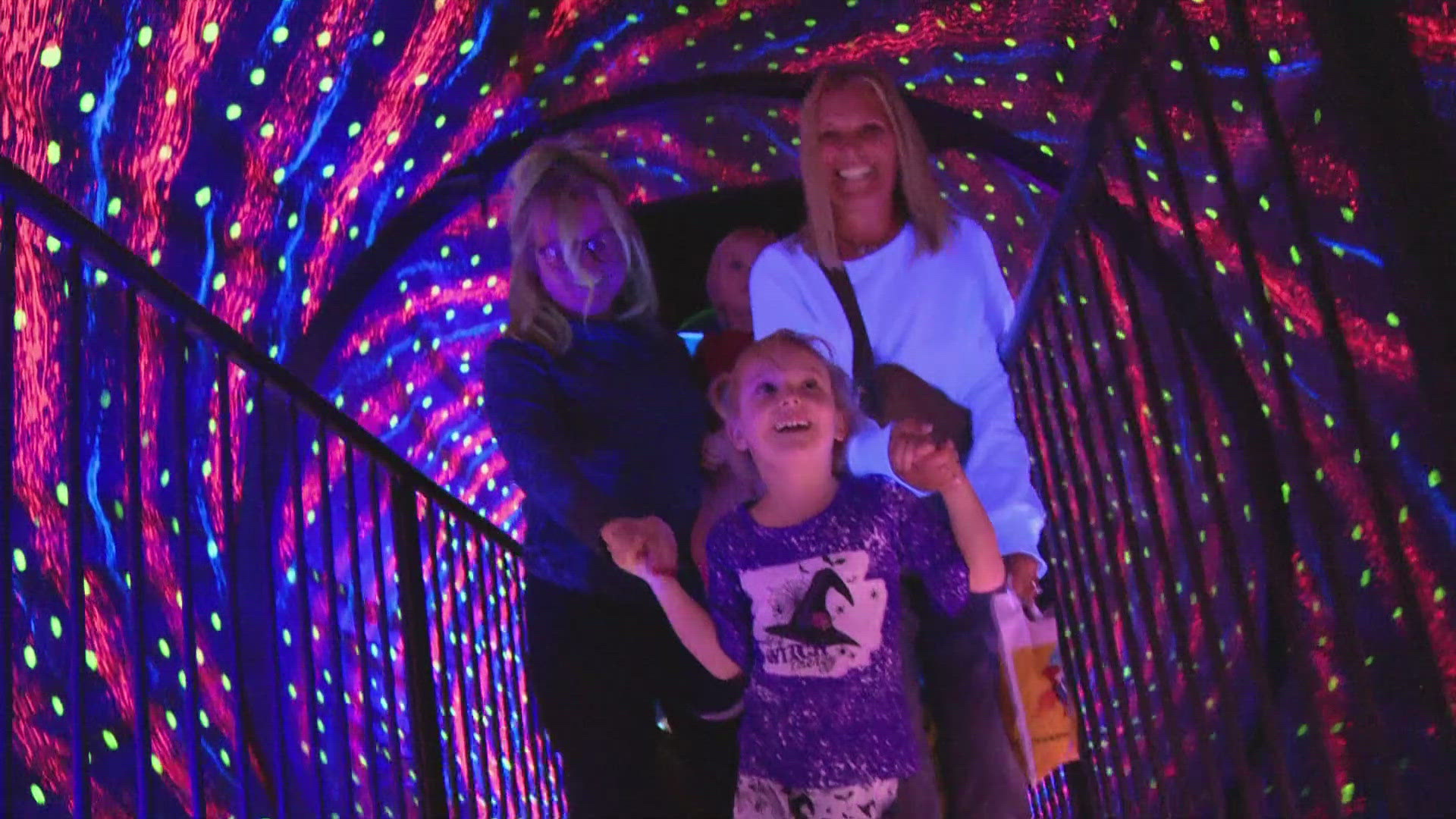WASHINGTON — The Academy Awards saw notable changes in inclusivity after the viral hashtag #OscarsSoWhite, a new USC study suggests.
USC's Annenberg Inclusion Initiative study released Wednesday showed that Oscar nominations for underrepresented groups improved after 2015, when activist April Reign's hashtag went viral.
From 2008 to 2015, 8% of nominations were for underrepresented racial or ethnic groups. In the years after #OscarsSoWhite, specifically from 2016 to 2023, underrepresented groups made up 17% of nominees.
For women nominees, the percentage increased from 21% to 27% during the same time frame.
“When April Reign unleashed #OscarsSoWhite, she tapped into the collective desire for change and the outrage that people felt at seeing actors of color excluded once again from this career-defining award,” Associate Professor of Communication Stacy L. Smith said. "This comprehensive look at the Oscars demonstrates that exclusion was normative for many years and still is in many categories. But it also shows that there is power in collective action, and that energy has ensured that the years since #OscarsSoWhite do not look like the years that came before.”
Despite the small gains, the Oscars' gap in diversity remains apparent.
Categories such as Best Visual Effects, Best Sound and Editing remained virtually unchanged. To date, there has never been a woman of color nominated for Best Visual Effects and only 4% of all nominees for Best Sound have been from an underrepresented group.
Even with "Everything Everywhere All At Once" looking to make history at the upcoming 2023 Oscars, the disparities in nominations showed. No women directors were nominated for the upcoming Academy Awards, even after two back-to-back female wins from Jane Campion and Chloé Zhao. Aside from lack of women directors, there were no Black women nominated for the Best Actress prize.
Danielle Deadwyler, who portrayed Emmett Till's mother in "Till," and Viola Davis, who starred in "Woman King," were shut out from the competitive category. The snubs of two prominent Black actors has been seen by some as a reflection of racial bias in the film industry.
The USC study credits the changes to Reign's viral hashtag. #OscarsSoWhite came to light after acting nominations in all four major categories went to white actors for two years in a row.
USC's findings are part of a larger research initiative at Annenberg mapping the Oscars' demographics, dating as far back as the first Academy Awards in 1929. Over 13,000 film nominees are examined by race, ethnicity, gender and category in the database dubbed "The Inclusion List."
The data is available to the public and tracks progress in the entertainment industry.
In all 95 years of the Academy Awards, 17% of all nominees from 1929 to 2023 were women, while only 6% were people of color and less than 2% of nominees were women of color.
The database shows similar figures for Oscar winners with only 16% of all Academy Award winners being women, 6% being people of color and 2% being women of color.
While some communities were not examined during this study, USC said there are plans to expand analyses for nominees who identify as LGBTQ and people with disabilities.
The Oscars will be held Sunday, March 12, at the Dolby Theatre in Los Angeles. The ceremony is set to begin at 8 p.m. EST and be broadcast live on ABC.



